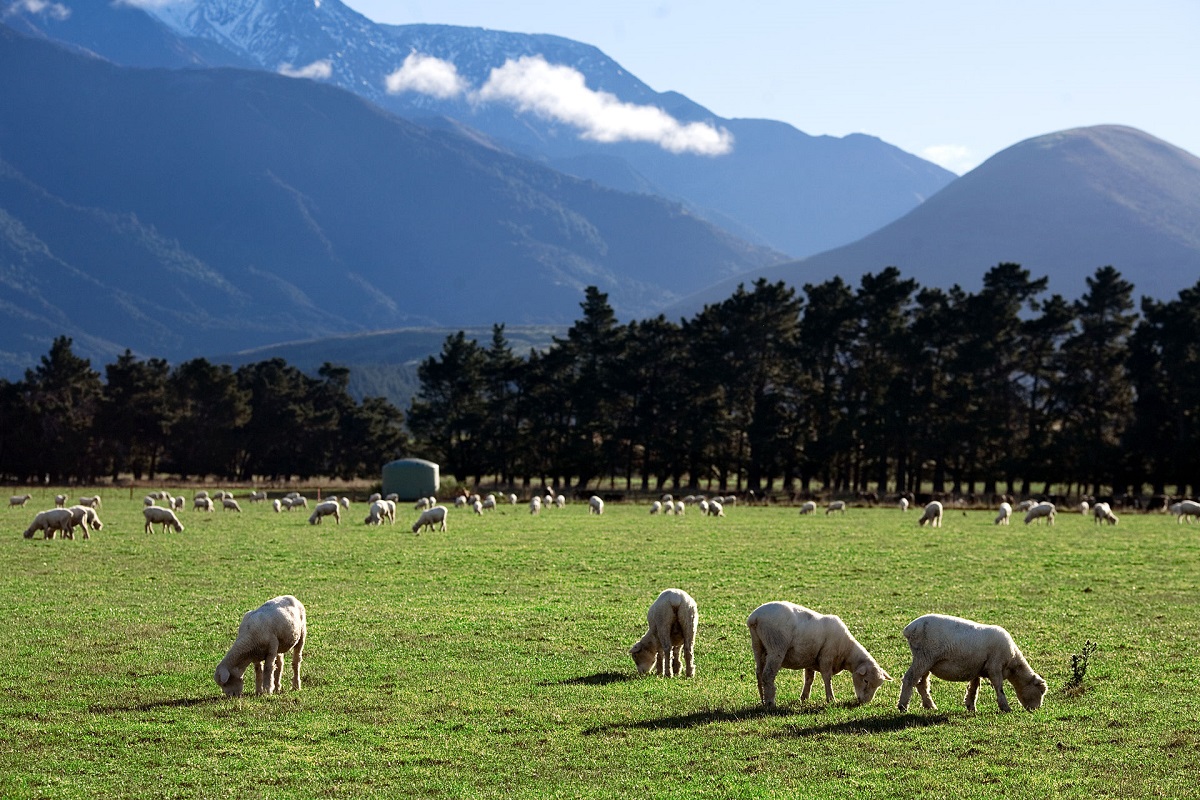
CC Jorge Royan
A new paradigm for Farm Zeal-land
As Farm Zeal-land merrily chugs along with politicians haughtily heralding promising that the galore of glorious growth it is imperative that primary resource nations such as our own remember one very essential fact: there is and always will be just one New Zealand. Yet, while we blossom with each new Spring litter to the demographic wicker basket we are either blasé or ignorantly intent on overlooking the fact that we must now share more of the Kiwi landscape with others.
It is spectacularly and speculatively naive of our simpleton statisticians and statesmen to assume that rurally derived riches can expand ad infinitum. Yes, after several international jitters the Orient still wants our dairy, our meat, our flowers, our crops, our vino, our timber and even our water. But, how realistic should we be about stretching the potential of each of these resource romping pursuits.
Do we really want to see more native biodiversity lost in order to increase our national bovine and porcine profits? Do we seriously want to deal a savage blow to our native bird species with the choice to place cashable exotics such as the pinus radiata before our sublimely unique natives? Why are we so misinformed and why are our indigenous Maori ignored in order to rub the gluttonous bellies of big business?
Surely, there comes a point where the grandeur of growth does not only stack up in the sense of foreseeable benefits but is downright dimwitted in its ideological conception. At what point is it when we can honestly say that we have one farm too many?
Lucrative as it may be, our primary agri-industries are far from environmental saints and more profits entail the dirty deeds of more animals, more oil chomping, more land exploitation and greater natural and biodiversity consumption.
New Zealand-births may be increasing but New Zealand-land is not. In fact, as in any other first world industrial age scenario we have committed our own share of ecological sins. As waterways, aquifers, costs and bush suffer from the insatiable kiwi wrath to spin a quick buck, why aren’t we asking ourselves that all important question of what is the social economic cost behind this stupid financial pilfering of our patch of planetary Terra firma?
We are certainly not a mentally devoid nation and we are competitively driven. So why then haven’t we learned from past little agricultural big guns such as Denmark, Finland, Ireland or Israel that farming is not the only way to earn one’s crust.
Yet, we insist on jeopardizing our promising tourist industry in order to sell raw resources to nations that even have the nerve to sell us the finished goods back. Couldn’t we make a smarter move by growing less sustainable logs and then converting then into plush posh profitable profits for the Asian market to snap up?
You don’t need acres of land for a pharmaceutical lab and the information super highway is a space where the sky is literally the limit. In spite of these progressive avenues, we are still plagued with a colonial mentality of seeing ourselves as the serfs of the Capitalist state and foreign overlords. It is time that these Dark Age shackles were shattered.
A curricular centered around pastoral pursuits needs to be reevaluated in order to stimulate a more relevant and sustainable STEM inspired syllabus. Of course, farming and farmers will always have an important place in our culture and economy just like our rugby heroes and sailing stars. That said, these land lovers should not be the end all of a historically outdated idea that the only things us Kiwis are good at is growing apples and rearing sheep.
We need to transcend these myths and our national insecurities in order to respect and value what we have as a nation. We are a microcosm of a global paradox and we should be leading the cause to find a smarter solution to savvier friendly farming. The notion of the eternal farming flame is a spill that must be swiftly contained before it further stains us with its bogus beliefs. If the one New Zealand canvas that we have is squandered there is no new New Zealand for second chances.